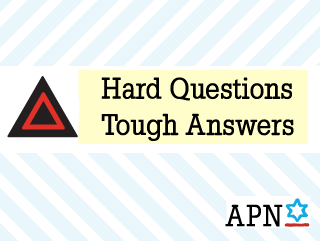2. Text of Senate floor "discussion" of S. 2799
3.
4. Berman (D-CA) on the record at

Q. A year after Israel's Operation Cast Lead in Gaza, how would you assess the ramifications and consequences?
A. Given the limited military, geographic and political nature of last January's Gaza war, the ramifications are surprisingly far-reaching. They cover the extent of deterrence achieved, consequences for future strategies of war-fighting by Israel and others, and of course the international reaction in the realms of war-prevention and diplomacy as well as human rights. And they are a decidedly mixed bag.
 Alpher answers questions on Egypt's decision to build an underground wall at the Rafah border, Israel's next steps in the Gilad Shalit negotiations, and Labor MK Ophir Pines-Paz's resignation from politics.
Alpher answers questions on Egypt's decision to build an underground wall at the Rafah border, Israel's next steps in the Gilad Shalit negotiations, and Labor MK Ophir Pines-Paz's resignation from politics.They say: You keep talking about a "solution" to the Israeli-Palestinian conflict. But there are problems that simply can't be "solved." The Israeli-Palestinian conflict is one of them.
THEY SAY: A prominent American Jewish human rights organization, the Simon Wiesenthal Center, has received a green light from Israel's Supreme Court to build the Museum of Tolerance in West Jerusalem. Why is Americans for Peace Now siding with the Arabs against the project?
THEY SAY: Why is Americans for Peace Now pressing for another ceasefire, when the last ceasefire was used by Hamas, predictably, to shore up its forces and prepare for even steeper violence against Israel. Israel is fighting a war against an organization dedicated to wiping it off the map. Given this reality, APN should be supporting Israeli efforts to defeat Hamas, not putting pressure on Israel to establish self-defeating, short-lived ceasefires with it.
They say: Israel is today again at war in Gaza. Doesn't the continued violence from Gaza prove, clearly, that Americans for Peace Now and others are wrong in arguing that giving land to the Palestinians will deliver any sort of peace for Israel?
THEY SAY: Israel is a tiny country - smaller than many U.S. states - with little strategic depth. Asking Israel to give up land to the Arabs is the same as asking Israel to sacrifice its security.
